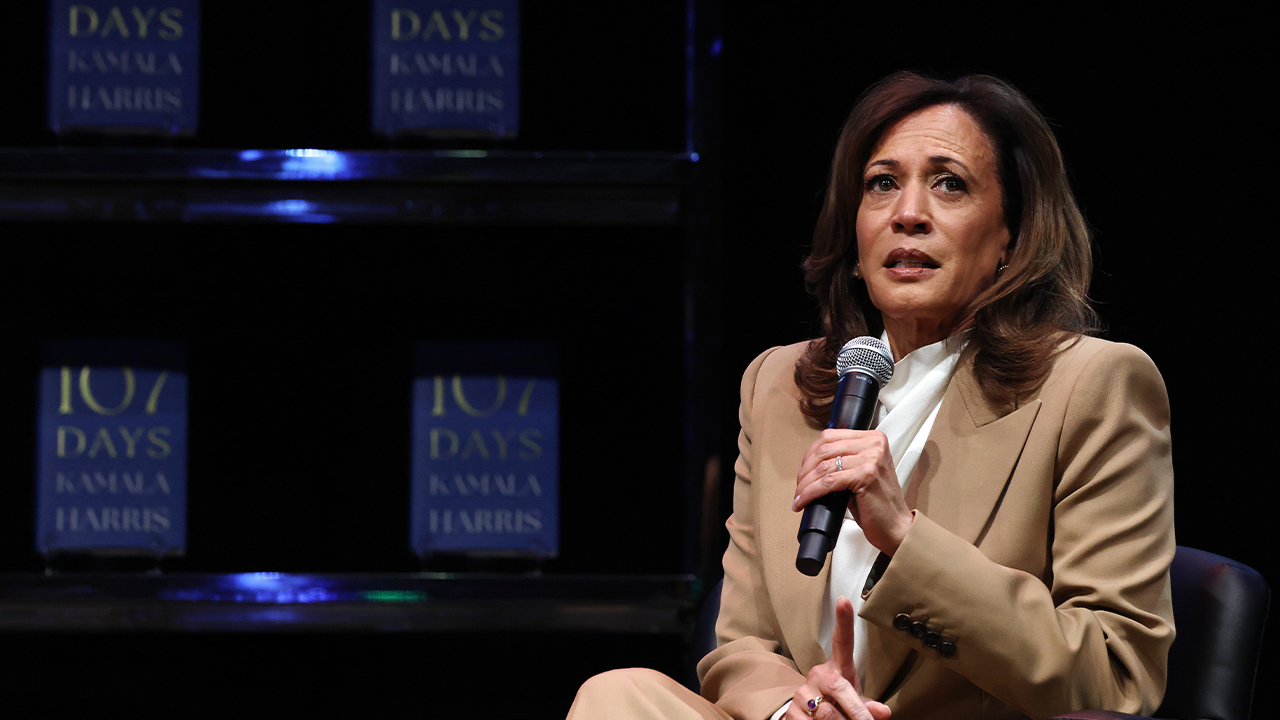A new national survey finds that a growing number of Americans, across party lines, believe media bias is not only real but getting worse—with nearly half of likely voters saying the problem has intensified in recent years.
Its 2012 below and legacy media has already abandoned neutrality to the extent that religious leaders are warning about it.
Tomorrow 10:30AM: “Nearly half of voters believe the news media are biased in favor of Democrats, and most Republicans think it’s impossible to hate the… https://t.co/6y50cVV5IZ
— Rasmussen Reports (@Rasmussen_Poll) May 11, 2025
Trump’s Sovereign Wealth Fund: What Could It Mean For Your Money?
The latest Rasmussen Reports survey, released this week, found that 49% of likely voters believe news media bias is getting worse, compared to just 11% who think it’s improving.
The findings reflect persistent skepticism among voters toward media institutions, which many say have increasingly favored Democratic perspectives.
In a key question from the survey, likely voters were asked if they agreed with the statement, “No matter how much you hate the media, it’s not enough.”
This Could Be the Most Important Video Gun Owners Watch All Year
Forty-four percent agreed, compared to 29% who disagreed.
Can’t Hate the Media Enough, Most Republicans Say
Nearly half of voters believe the news media are biased in favor of Democrats, and most Republicans think it’s impossible to hate the media too much.Full story is in the comments… pic.twitter.com/KTOKBoaQLK
— Rasmussen Reports (@Rasmussen_Poll) May 12, 2025
The results show that distrust of the press is not limited to one age group or political affiliation.
Respondents included younger voters, older Americans, Hispanics, Republicans, independents, and Democrats, many of whom cited a consistent pro-Democratic tilt in coverage across major news outlets.
When asked directly whether media organizations favor Democrats over Republicans, 43% of Democrats said yes, while 24% disagreed.
Among Republicans, agreement with the statement was even higher.
Overall, 57% of Republicans said they agreed that no amount of media hatred is too much, compared to 21% who disagreed.
Among Democrats, 40% agreed with the sentiment, while 35% disagreed.
Media bias has been a recurring topic in American politics, but it has taken on renewed significance in recent election cycles.
The issue escalated after President Donald Trump entered the political arena in 2015, regularly challenging coverage from mainstream outlets and referring to certain organizations as “fake news.”
Since then, multiple administrations have sought to circumvent traditional media gatekeepers.
Former President Barack Obama notably used social media and digital outreach to speak directly to voters, bypassing major networks.
The Trump administration expanded that approach by granting broader access to conservative and center-right outlets, challenging the legacy media’s dominance in the White House press pool.
Still, public concern about media bias has remained high.
According to the Rasmussen survey, a significant portion of the electorate believes traditional media sources have strayed too far from balanced reporting and editorial neutrality.
The survey reflects a broader trend of declining trust in journalism institutions.
Multiple studies over the last decade have shown a sharp drop in public confidence in major news outlets.
The growing skepticism has been particularly pronounced among independents and Republicans, though the latest data suggests even Democratic voters are increasingly critical of the media’s political leanings.
Rasmussen Reports did not release the full crosstabs or sample size breakdown publicly, but confirmed that the poll included a representative sample of likely U.S. voters.
As debate continues about how news is gathered, presented, and interpreted, the latest numbers underscore the challenge facing media organizations—one that now includes rebuilding trust across the political spectrum.
Connect with Vetted Off-Duty Cops to Instantly Fulfill Your Security Needs
Read the full article here










![Socialist Mayoral Candidate Zohran Mamdani Chased to His Car by Protester, Security Steps In [WATCH] Socialist Mayoral Candidate Zohran Mamdani Chased to His Car by Protester, Security Steps In [WATCH]](https://www.lifezette.com/wp-content/uploads/2025/08/2025.08.17-09.04-lifezette-68a19b0986ef0.jpg)

